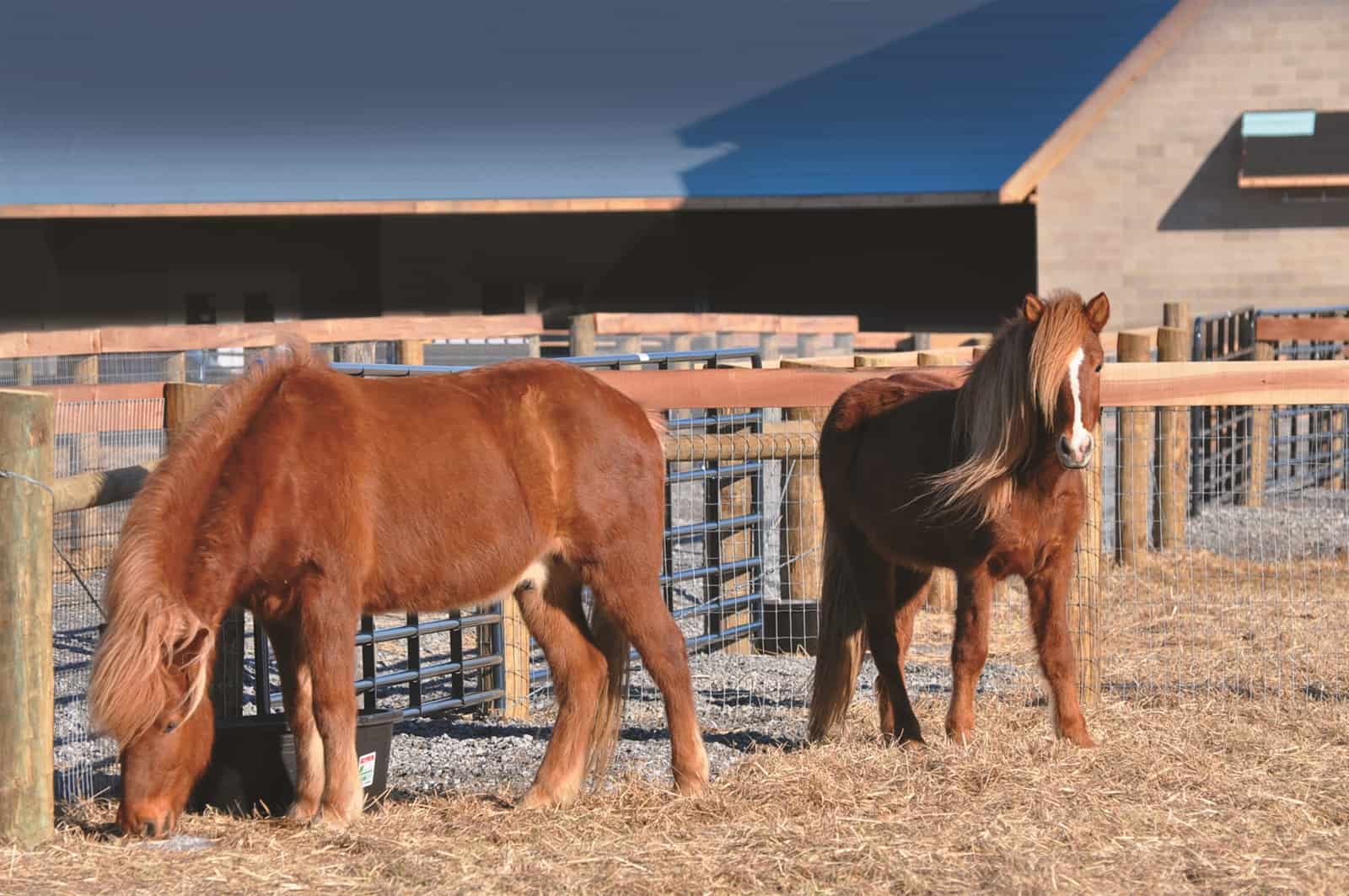Creating a Parasite Control Program

Consider your property’s equine traffic, geographic location, and parasite control goals to create an effective program
The hardy Icelandic horses housed at Swallowland Farm, in Shelbyville, Ky., live as natural a lifestyle as possible. Owner and trainer Carrie Lyons Brandt ensures her 30 charges live in groups, consume a forage-based diet, are allowed to grow winter coats, and spend most of their time turned out. Although her herd is fairly low-maintenance, Brandt knows there’s one area of their care she must pay close attention to and manage carefully: parasite control. Brandt’s Icelandics are primarily pastured and are exposed to high numbers of parasitic worms that exist naturally in soil and on grasses, waiting to be consumed, so she has worked with her veterinarian to customize a parasite control program for her farm.
With internal parasites developing increasing resistance to anthelmintic (dewormer) drugs, horse owners can no longer deworm willy-nilly and assume their animals are protected. Conscientious farm owners and managers like Brandt now consider their property’s equine traffic, geographic location, and parasite control goals to create a program that works for them.
We teamed up with Martin Nielsen, DVM, PhD, Dipl. EVPC, ACVM, co-author of The Handbook of Equine Parasite Control, chair of the AAEP Parasite Control Subcommittee, and an equine parasitologist at the University of Kentucky’s Gluck Equine Research Center, in Lexington; and Claudia True, DVM, from Woodside Equine Clinic, in Ashland, Va., who helped The Virginia-Maryland Regional College of Veterinary Medicine develop its parasite control protocols, to guide you in doing just that
Create a free account with TheHorse.com to view this content.
TheHorse.com is home to thousands of free articles about horse health care. In order to access some of our exclusive free content, you must be signed into TheHorse.com.
Start your free account today!
Already have an account?
and continue reading.

Written by:
Alexandra Beckstett
Related Articles
Stay on top of the most recent Horse Health news with












